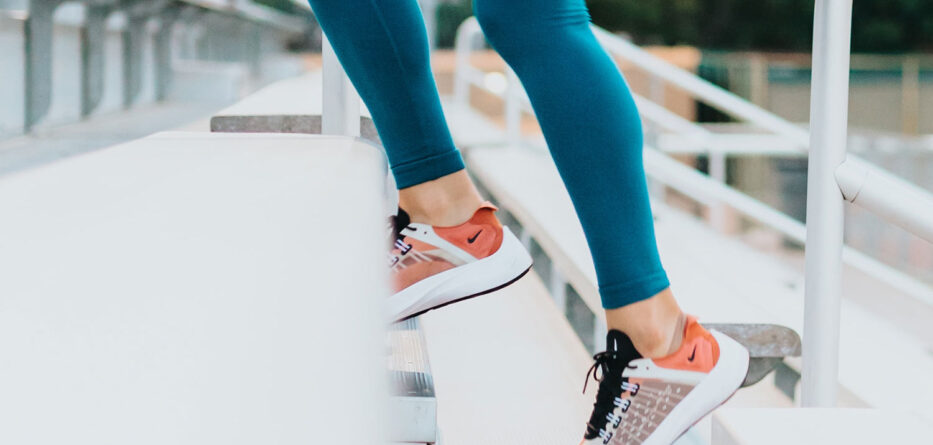American Counseling Association
The health crisis that we have been facing over the past year has had a major effect on just about every aspect of our lives. Even for those of us lucky enough not to have been directly touched by the virus, the lives we are living are nevertheless quite different from what they were just weeks ago.
Most of the changes and impact that coronavirus has brought are beyond our individual control. But what is not beyond our control, and what each of us should address, is how we are handling and reacting to how this pandemic has affected us individually.
That’s easy to say but not always easy to achieve. The majority of us, for example, are probably experiencing fairly high levels of anxiety and depression even if we are not totally aware of such feelings or how they are affecting our lives. Today’s modern world has increasingly come with fairly high levels of anxiety. But the recent health crisis has significantly increased our personal worries and challenges, with the result that our mental health may be a great deal more fragile than it once was.
There is, of course, no way to make the outside world and its pressures actually disappear. That doesn’t stop some people from turning to drugs and alcohol as a means of ignoring reality. We would, instead, like to suggest some healthier actions for you to take.
One of the simplest, yet very effective, ways to combat anxiety and depression is just to become more physically active. A number of studies have found that exercise provides a wide variety of mental health benefits. Exercise can take your mind off your current worries, as well as help your body release natural chemicals, those feel-good endorphins, that enhance your sense of well-being.
Getting more exercise in your life doesn’t have to mean a formal exercise program or working out with a personal trainer, although those are approaches that work for many people.
Any physical activity that works your muscles and requires energy is going to help improve your mental health. This can be as simple as a daily walk in the sunshine, getting out in the garden or even just doing housework.
The goal is to be more physically active in ways that help focus your attention on things besides a cycle of negative thoughts that feed those feelings of depression and anxiety.
“Counseling Corner” is provided by the American Counseling Association. Comments and questions to ACAcorner@counseling.org or visit the ACA website at www.counseling.org.






